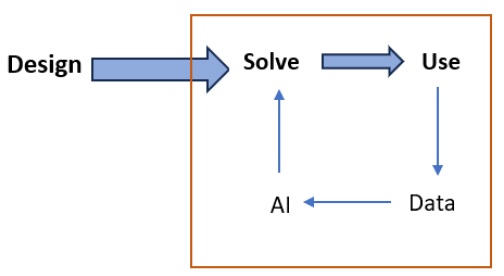Artificial Intelligence's Effects on the Profession of Architecture and Architects' Prospects
DOI:
https://doi.org/10.5281/zenodo.10622941Keywords:
Artificial Intelligence, Architect’s Role, Questionnaire, Architectural Design, Digital Architecture, Creativity, Digital Design, Design CreativityAbstract
AI is a rapidly developing field that will become a vital component of our future. Recently, most employed technologies are somewhat artificially intelligent, but most of the task still need human input. In comparison to disciplines such as IT, cybersecurity, and health, AI progress in architecture is still in its early stages. The prevailing notion in architecture is that intelligent robots will take the role of designers in the creation of works of art and architectural structures. However, only humans continue to have access to the outputs of open-ended creative processes. AI can do countless activities involved in the design of buildings that require human intelligence, such as making decisions. Therefore, it is essential to comprehend the function, benefits, and drawbacks of this technology inside the design process from a professional standpoint. As a result, a survey will be sent to several professional designers, architects, and researchers. A summary of their results will subsequently be included in this page. The objective is to understand how AI methods can impact the architect's perspective on the design process. Some large architectural firms have started experimenting with deep learning methods to put data gathered over years of profession into practice, with a special interest in environmental sustainability and building performance. Many researchers are working on artificial intelligence applications to architectural design. The next step, in our opinion, is to comprehend the potential functions of this technology inside the architectural design process as well as the extents to which they may support a profession as complicated as architecture. In the article, we will summaries their testimonies, compare and discuss the designer’s responses to understand the potential uses of artificial intelligence techniques in the design process, and report their opinions on how these techniques may affect the approach to the project taken by the architect. We will then conclude with some reflections on the important issues discovered during the interviews with the designers.
Downloads

Downloads
Published
How to Cite
Issue
Section
License
Copyright (c) 2024 Tithi Shah, Sanika Sahastrabuddhe

This work is licensed under a Creative Commons Attribution 4.0 International License.











